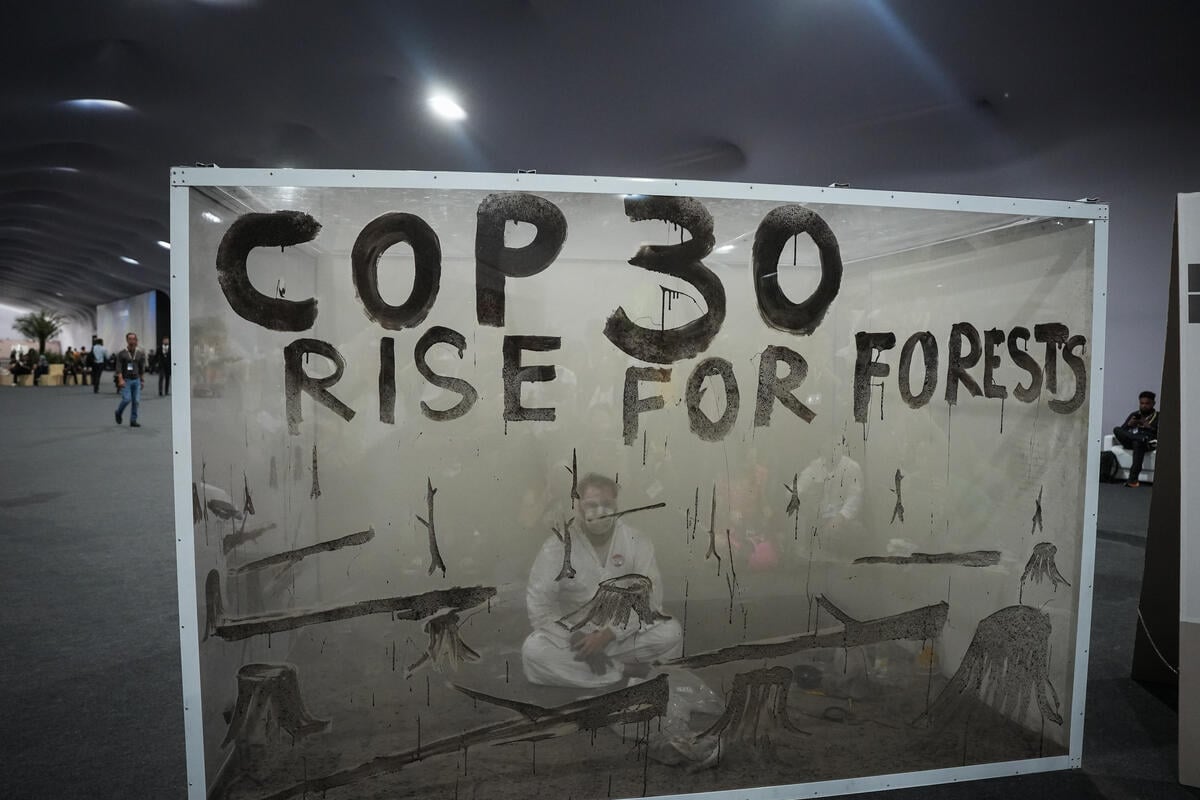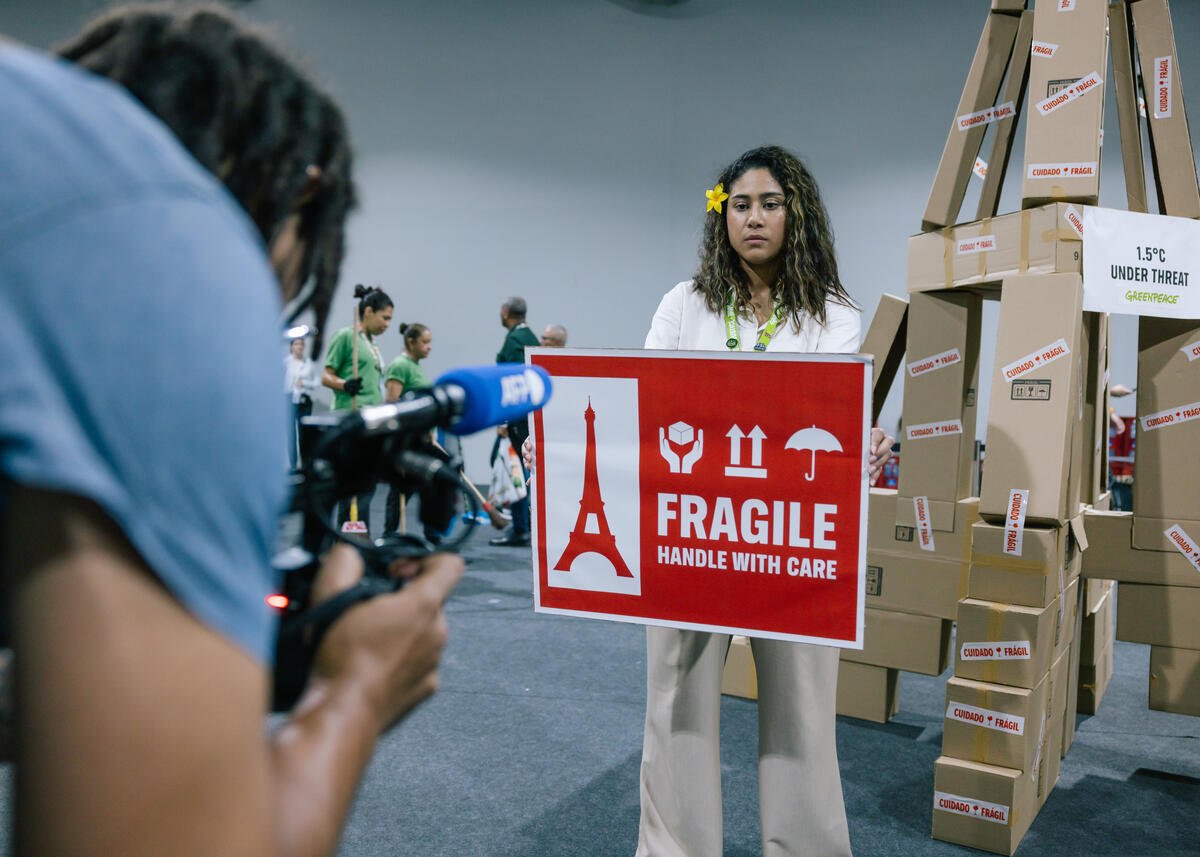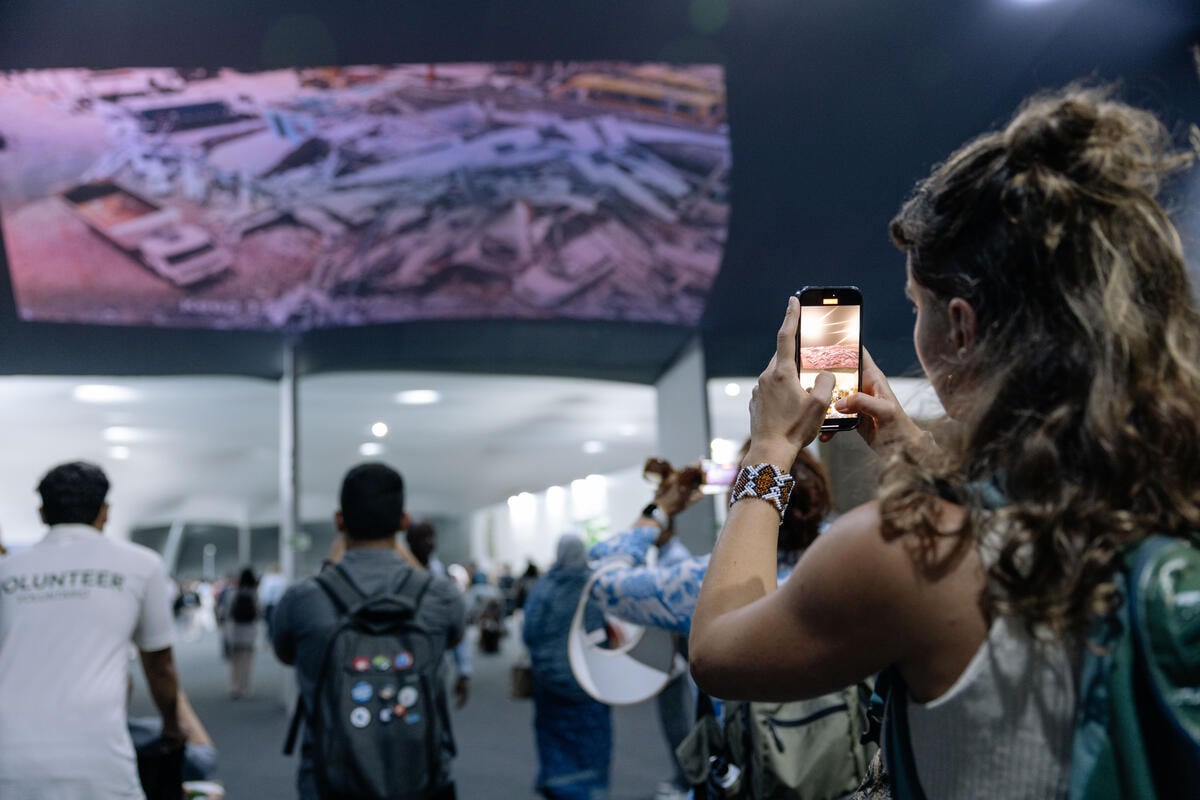In response to the announcement, Arie Rompas, Greenpeace Southeast Asia’s forest campaigner, said:
“President Jokowi’s announcement is a step forward but is marred by inconsistencies and loopholes. It is only temporary, leaves millions of hectares of forest unprotected and has no penalties. Indonesia’s palm oil industry has a serious reputational problem which the government could fix once and for all with a permanent ban on forest destruction, including within existing concessions”.
The announcement came a day after a Greenpeace International investigation revealed that 25 palm oil producers had cleared 130,000ha of rainforest since 2015. The investigation also uncovered illegal deforestation, development without permits, plantation development in areas zoned for protection and forest fires linked to land clearance.
The three year moratorium, which prevents the allocation of new palm oil concessions in the Forest Estate, the land controlled by the Central government, suffers from a number of weaknesses:
-
It does not prevent the allocation of new concessions on the millions of hectares of natural forest in areas controlled by local government.
-
It does not prevent companies clearing forest and developing peatlands within existing palm oil concessions. [2]
-
It is in the form of a Presidential Instruction, which is not legally binding on government departments or local officials.
-
It contains no sanctions for non compliance.
The new palm oil moratorium conflicts with the Indonesian government stated commitment to ‘planned deforestation’, describing it in the State of the Forest 2018 report as ‘desirable when it results in a financial gain’. [3] Through its agrarian reform (TORA) and landswap programs the government of Indonesia continues to allocate new areas of land, much of which is still forested, for further plantation and agriculture development. This includes half a million hectares of forest earmarked for conversion to agriculture in the frontier Papuan provinces. [4]
ENDS
Notes
[1] Presidential Instruction on postponement and evaluation of oil palm plantation permits and increasing productivity of oil palm plantations (Inpres 8/2018)
[2] Greenpeace analysis found some 4 million ha of forest within identified palm oil concessions, nearly half of this in Papua and Papua Barat provinces.
[3] Pg 97 (60) State of Indonesia’s forest 2018.
[4] A central government development plan for Papua & Papua Barat provinces calls for the release of forest area totaling 550,000ha for agrarian reform (TORA) during 2018-2019. ‘Rencana Aksi Inpres 9/2017’ Bappenas 2018, p.125, Table 4.6 point 17; and p. 144, Table 4.7 point 15.
Contacts
Greenpeace International Press Desk, +31 (0)20 718 2470 (available 24 hours), [email protected]
Sol Gosetti, International Communications Coordinator, Indonesia Forest campaign, [email protected], +44 (0) 7380845754



